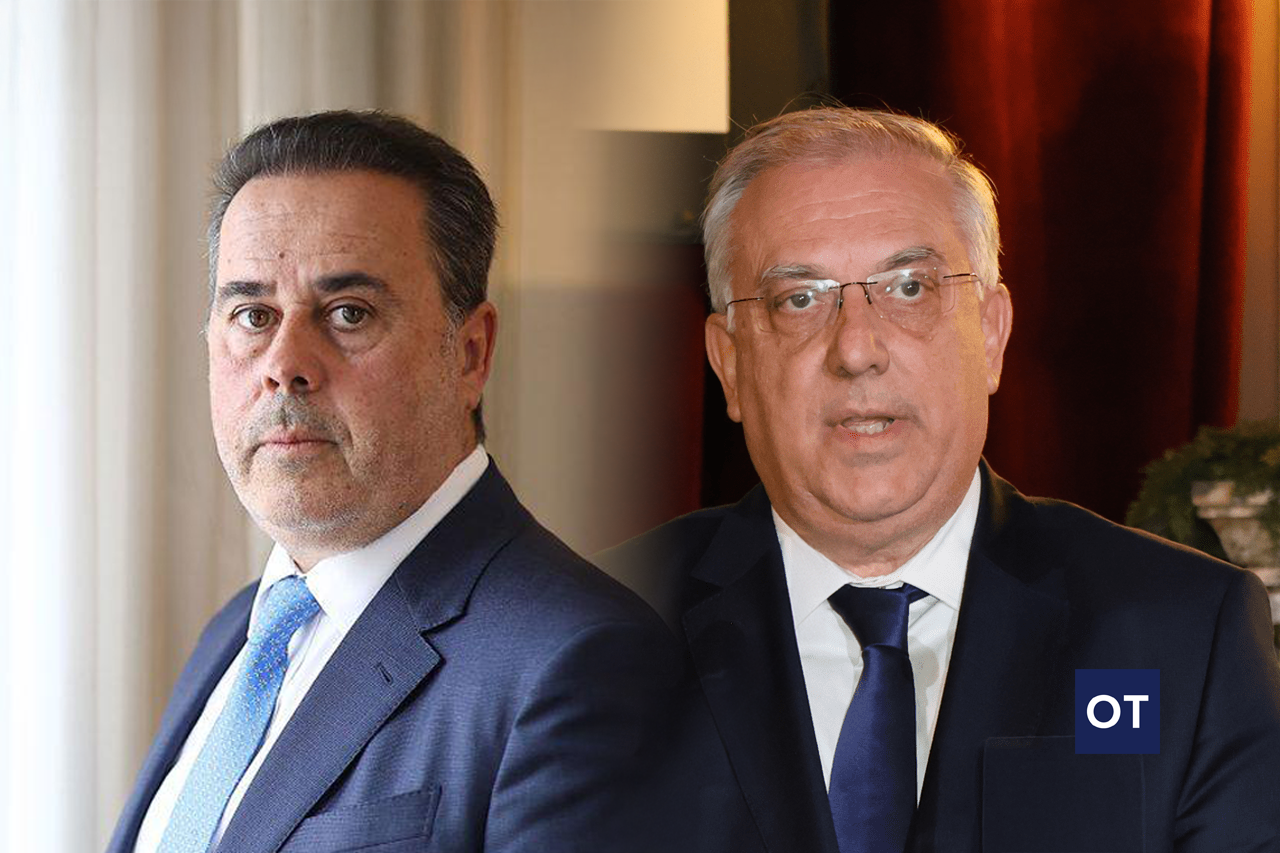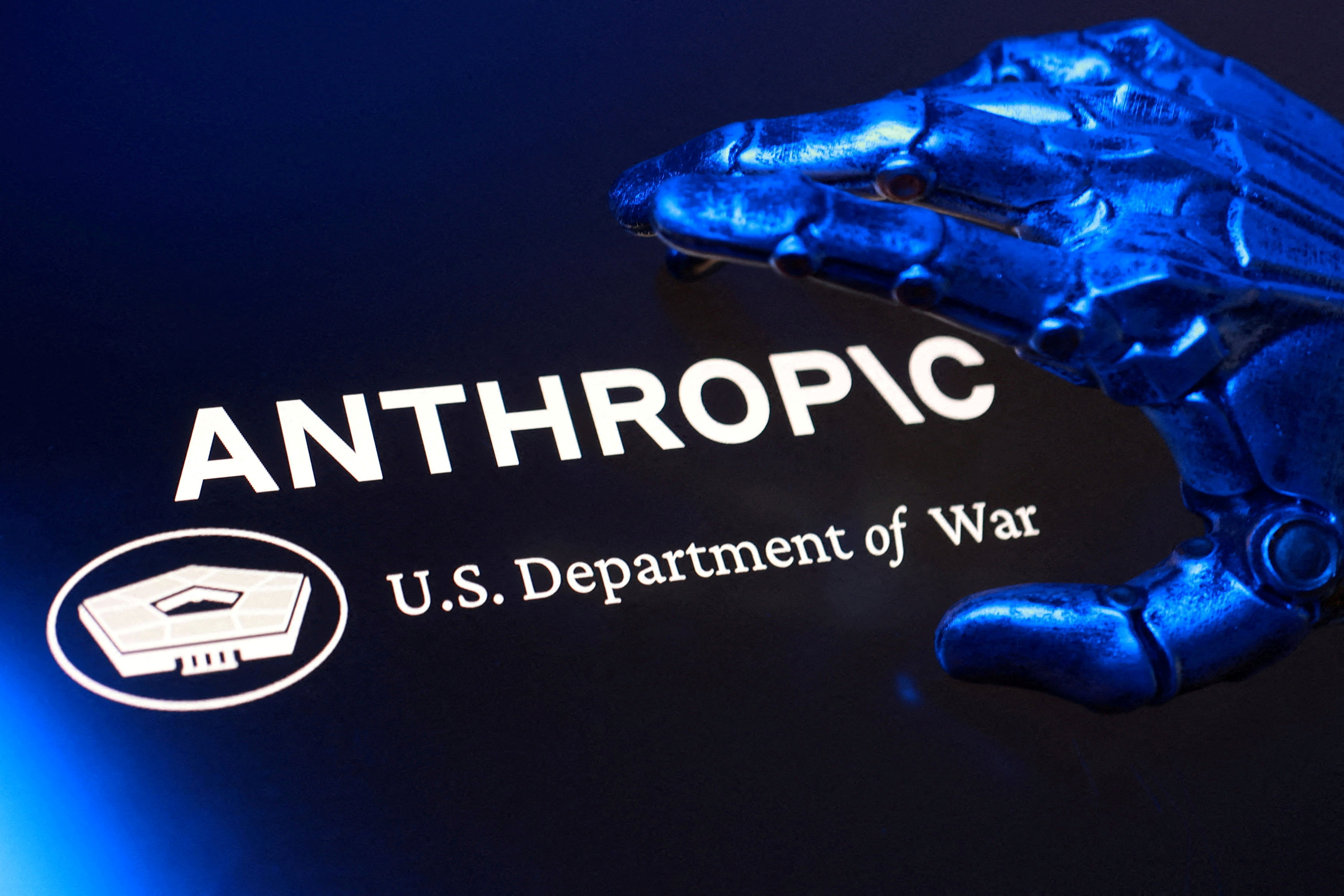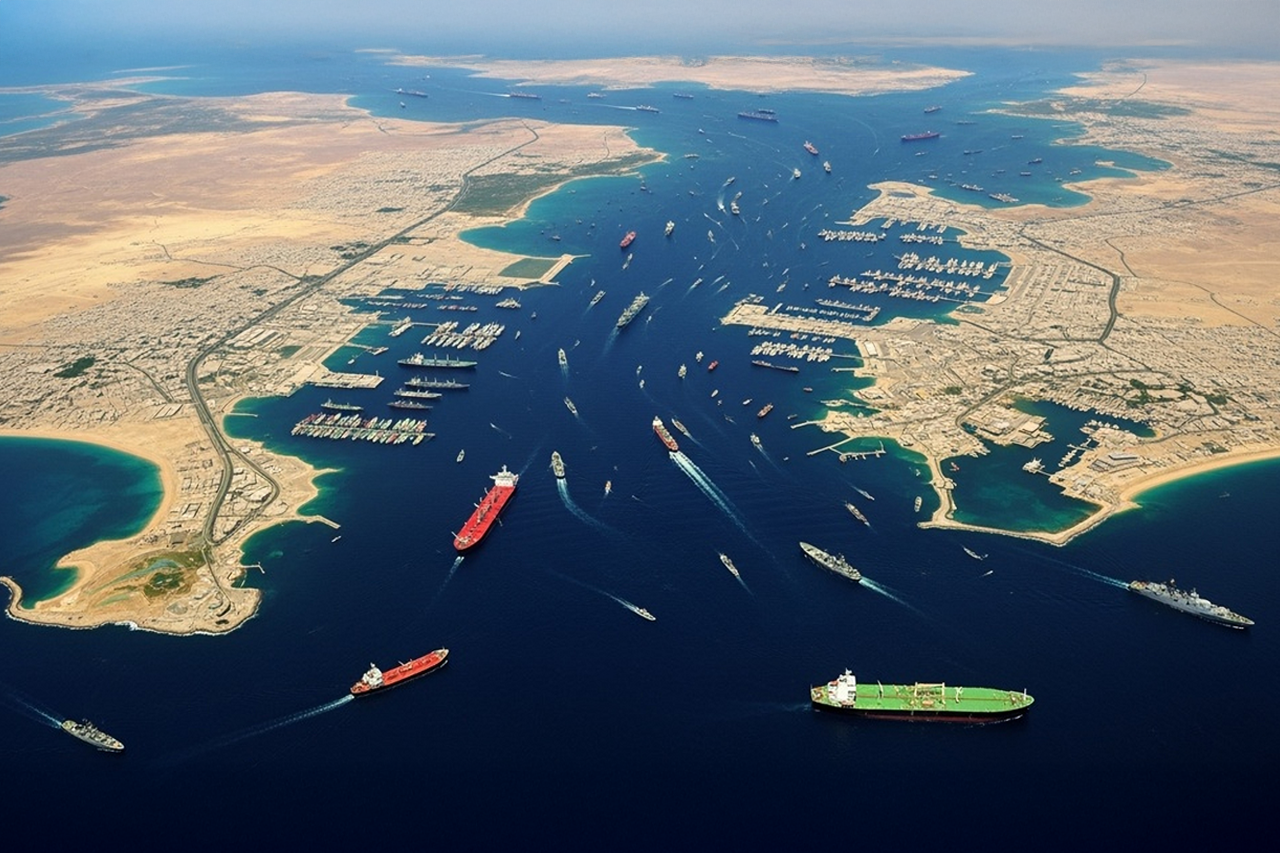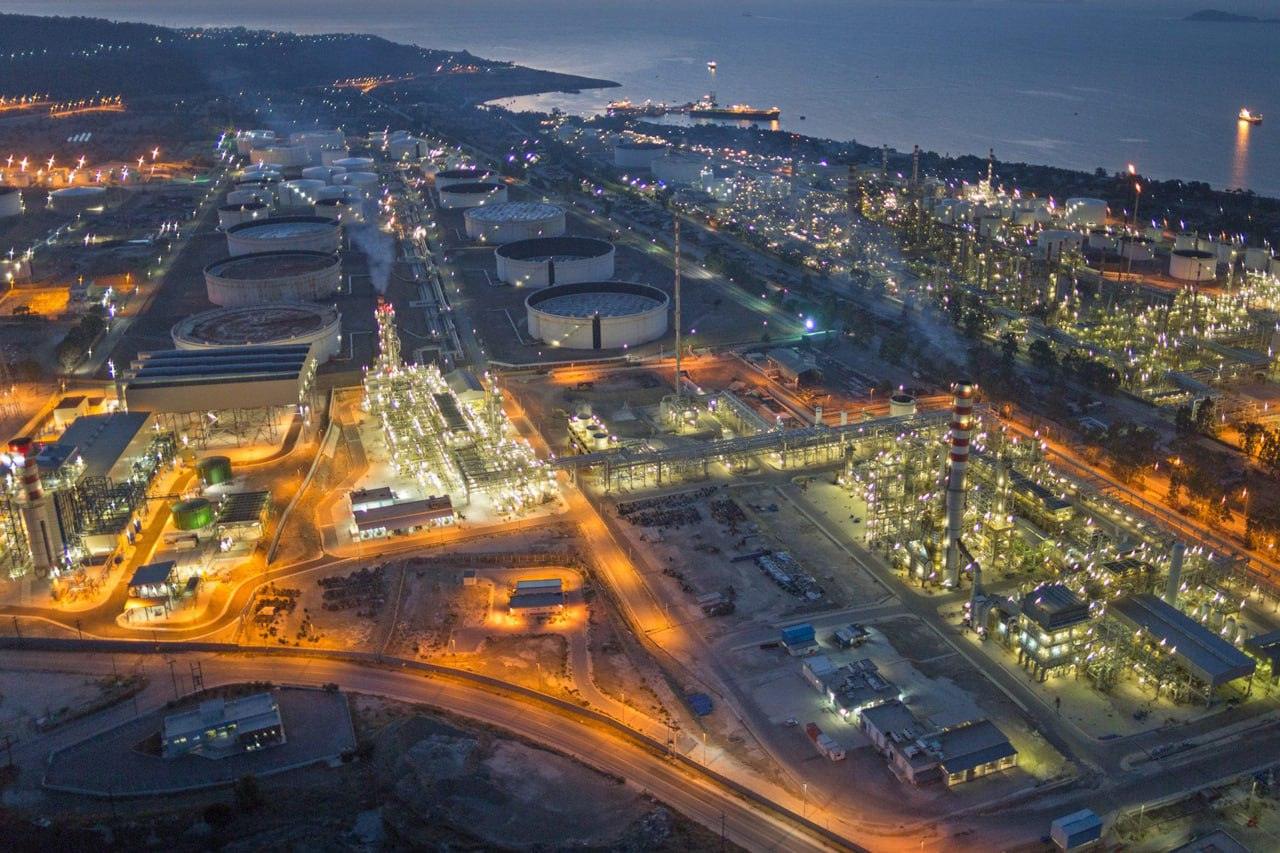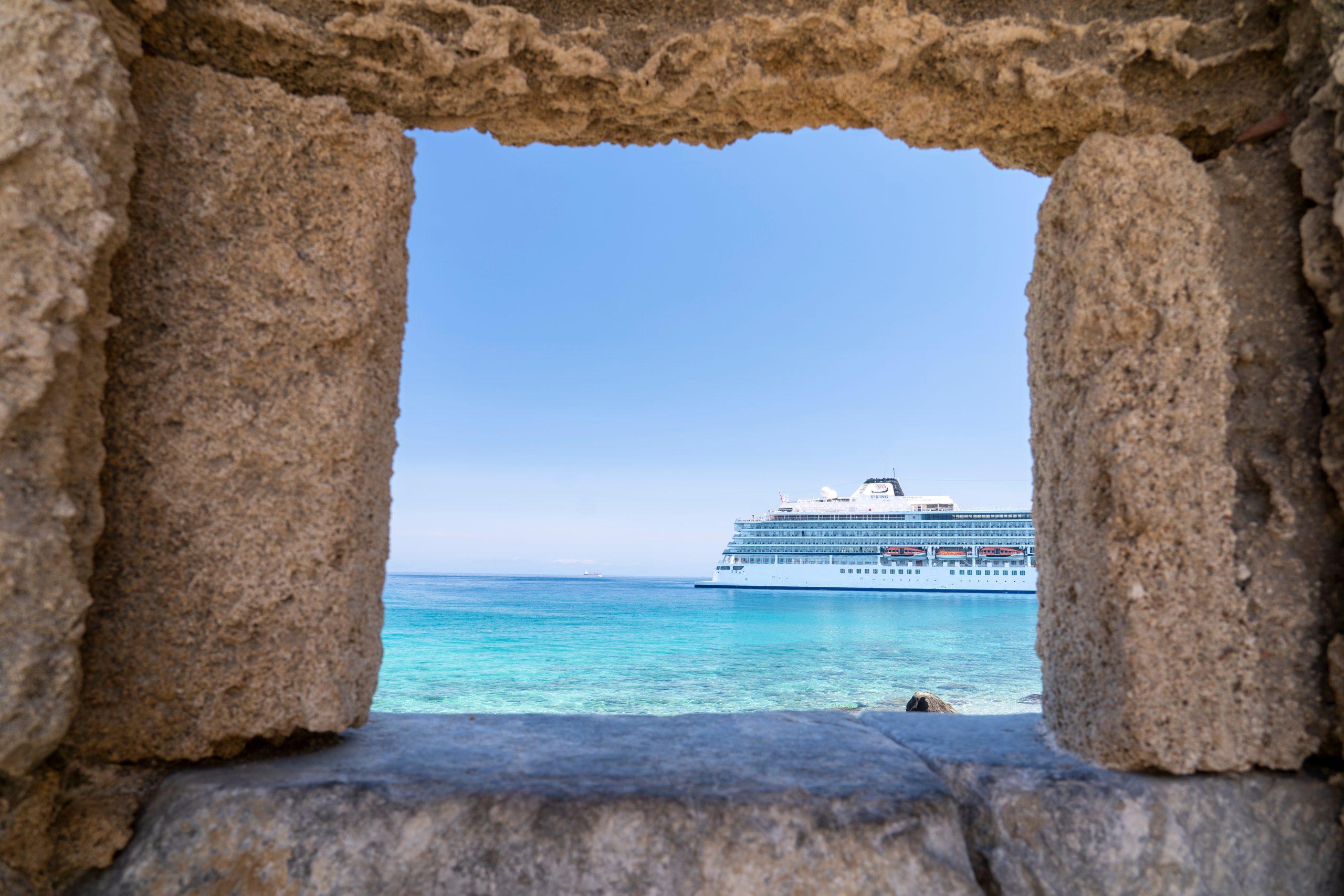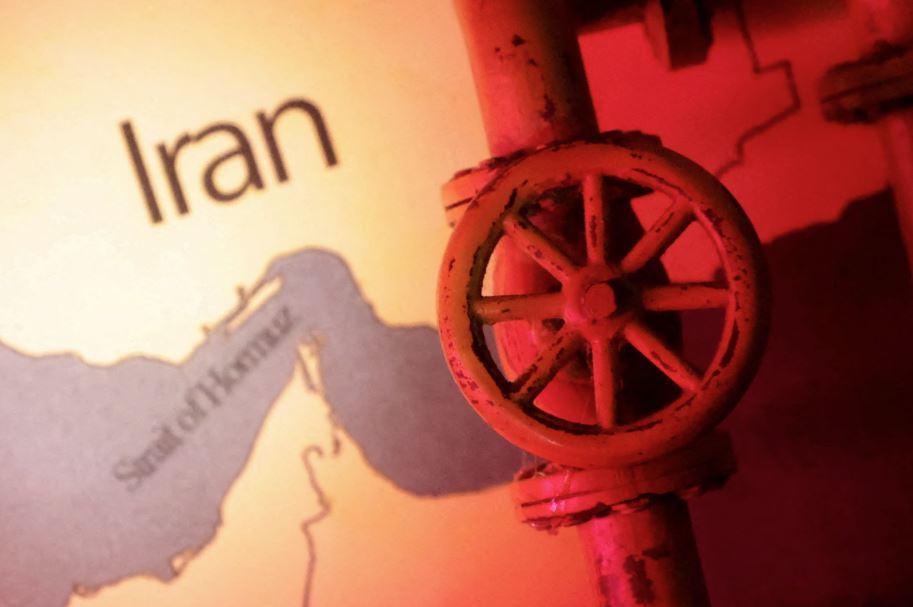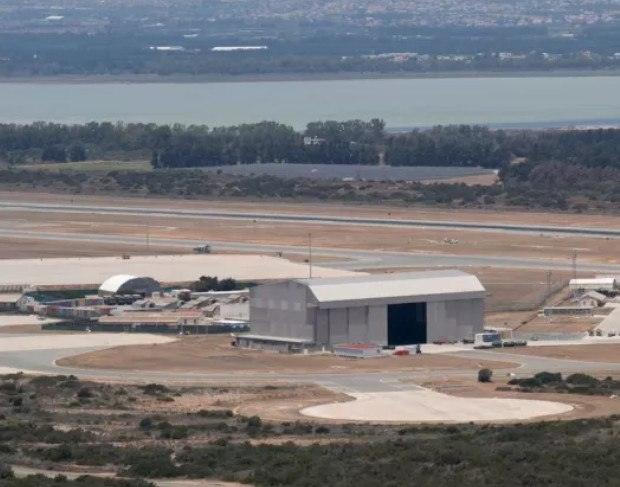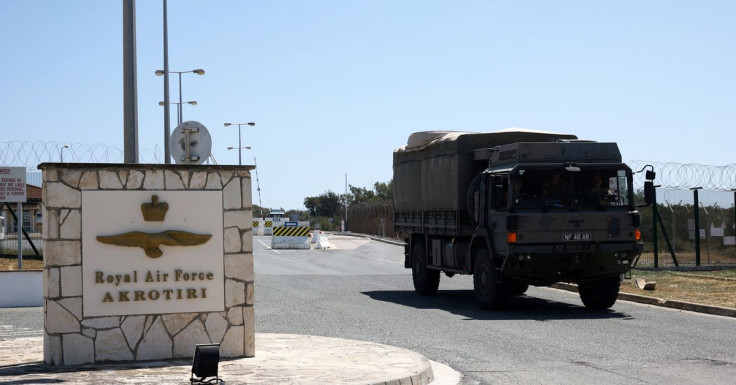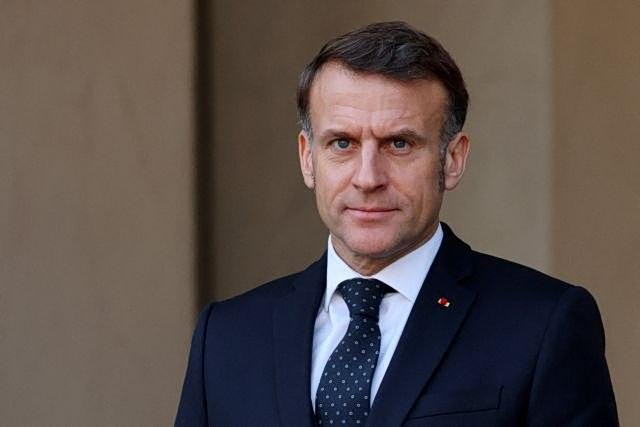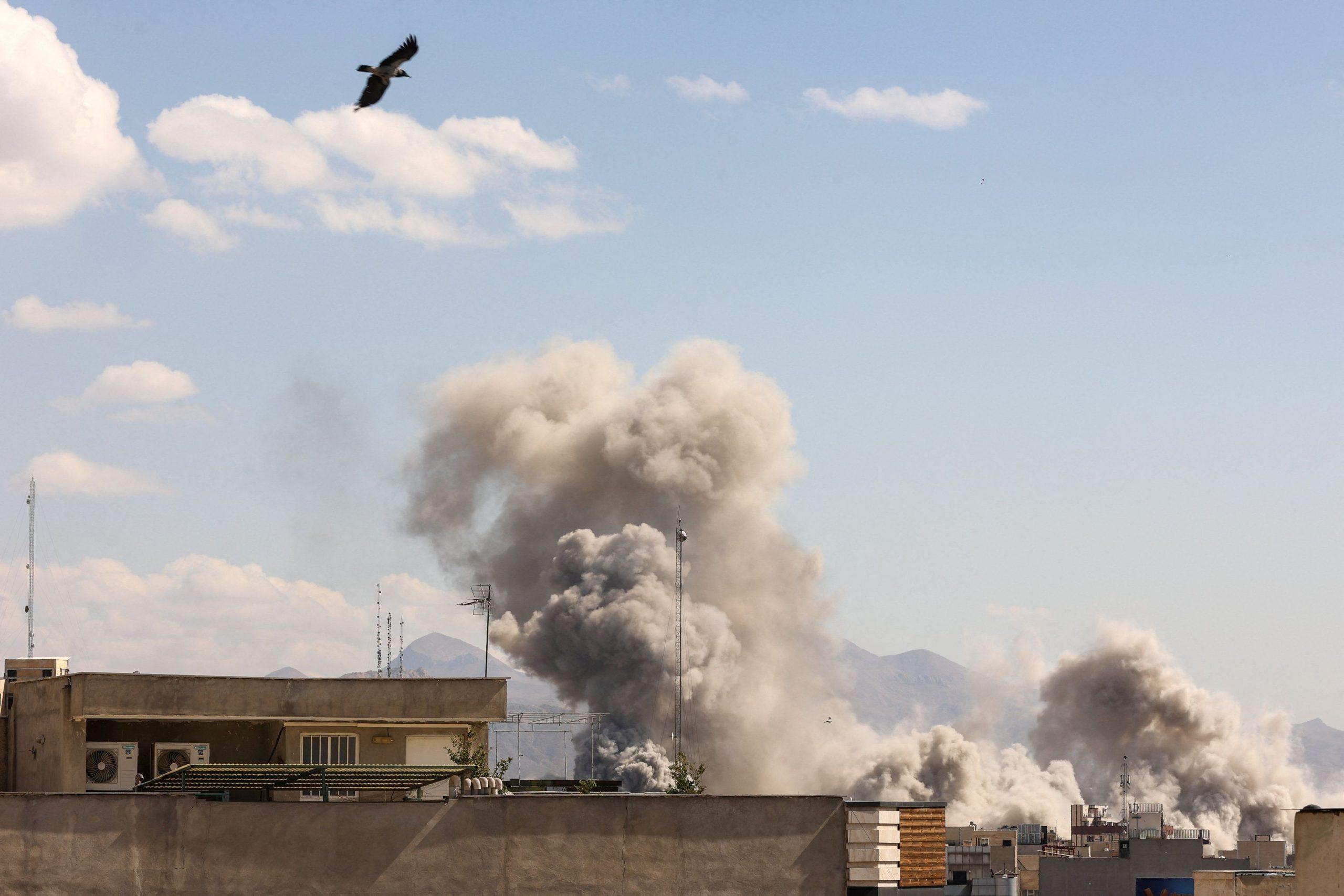A deeply anticipated effort to establish the world’s first legally binding treaty to curb plastic pollution ended in failure this week, as entrenched disagreements among countries stopped progress dead in its tracks.
Delegates had hoped the 11-day UN-backed Intergovernmental Negotiating Committee (INC) session would deliver a breakthrough, but talks collapsed after less than a minute in their final session. Two competing drafts were tabled, neither of which was accepted, and frustration mounted as years of effort appeared to unravel. According to Reuters, the abrupt adjournment was met with ridicule from observers and despair among environmental advocates.
The central sticking point was whether to cap virgin plastic production. More than 100 nations, including many in the European Union, backed binding limits, warning that recycling and reuse alone would not address the crisis. However, the United States, along with other petrochemical-producing nations, rejected production caps, citing economic risks and the impact on industry growth. This deadlock ultimately prevented the treaty from moving forward.
The talks also failed to produce binding rules on toxic chemicals or adequate financial assistance for developing nations struggling with mounting plastic waste. UN rules requiring consensus left negotiations vulnerable to what critics call the “weaponization of consensus,” where even a single country’s objections can derail the process. As Reuters reported, this has raised questions about whether the structure of global negotiations itself needs to change.
The collapse has immediate consequences. Environmental groups warn that without strong production limits, global plastic output is set to triple by 2040, with devastating effects on oceans, human health, and vulnerable island nations already drowning in waste. The Associated Press noted that the failure puts renewed emphasis on the old mantra of “reduce, reuse, recycle”—but with global recycling rates still in the single digits, expectations remain low that this approach will deliver meaningful results.
Some experts are now calling for coalitions of ambitious countries to move ahead on their own, creating separate agreements that could pressure holdout nations to eventually sign on. Others argue that the UN process must be reformed, allowing for voting instead of requiring full consensus, to avoid repeated stalemates. Without reform, critics warn, multilateralism itself risks being discredited in the face of global environmental crises.
For now, the path forward is uncertain. Delegates left Geneva without setting a firm date for the next INC meeting, agreeing only to reconvene at an unspecified future time. With plastic production rising and pollution mounting, each failed round of negotiations makes the challenge harder to overcome.
The collapse in Geneva marks another missed global opportunity to rein in plastic pollution through a landmark treaty. As negotiations stall, the urgency only grows: unless innovative pathways are found—whether through reforming consensus rules or forming new alliances—plastic will continue to choke the planet’s oceans, threaten ecosystems, and harm human health for decades to come.
Source: Tovima.com
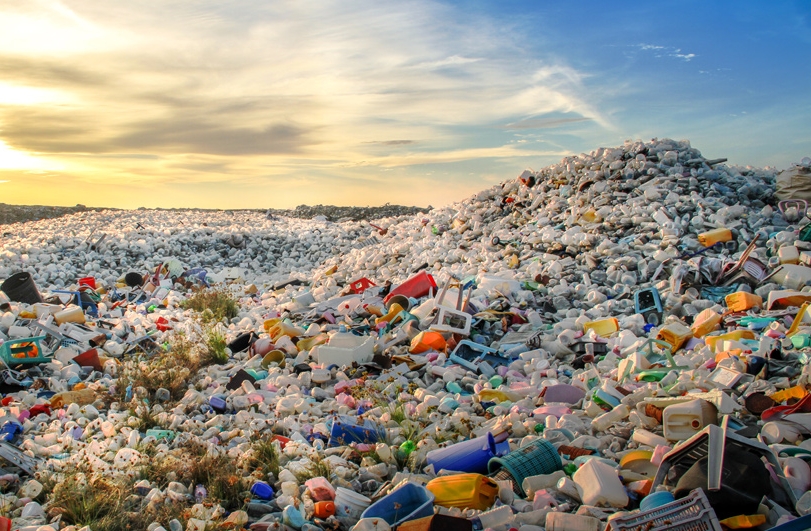



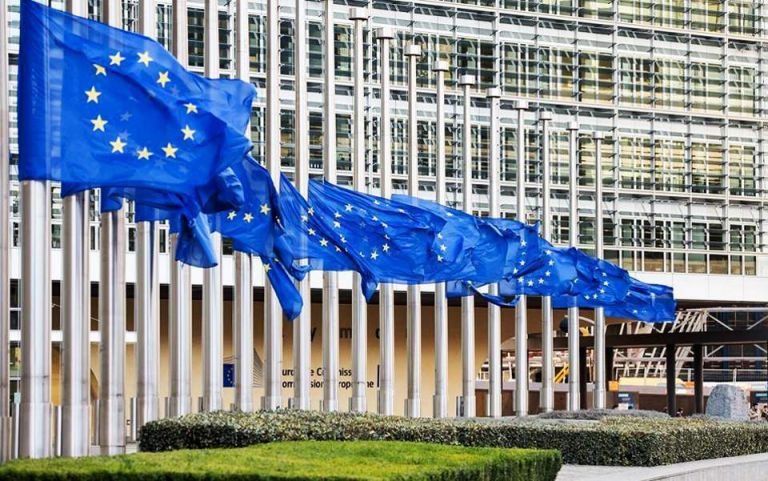


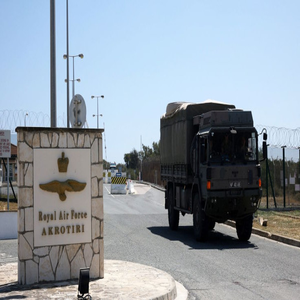



![Χρυσή λίρα: Μια ανάσα από τα 1.200 ευρώ η τιμής της [πίνακας]](https://www.ot.gr/wp-content/uploads/2026/03/ot_iran_war_lires_up.png)
